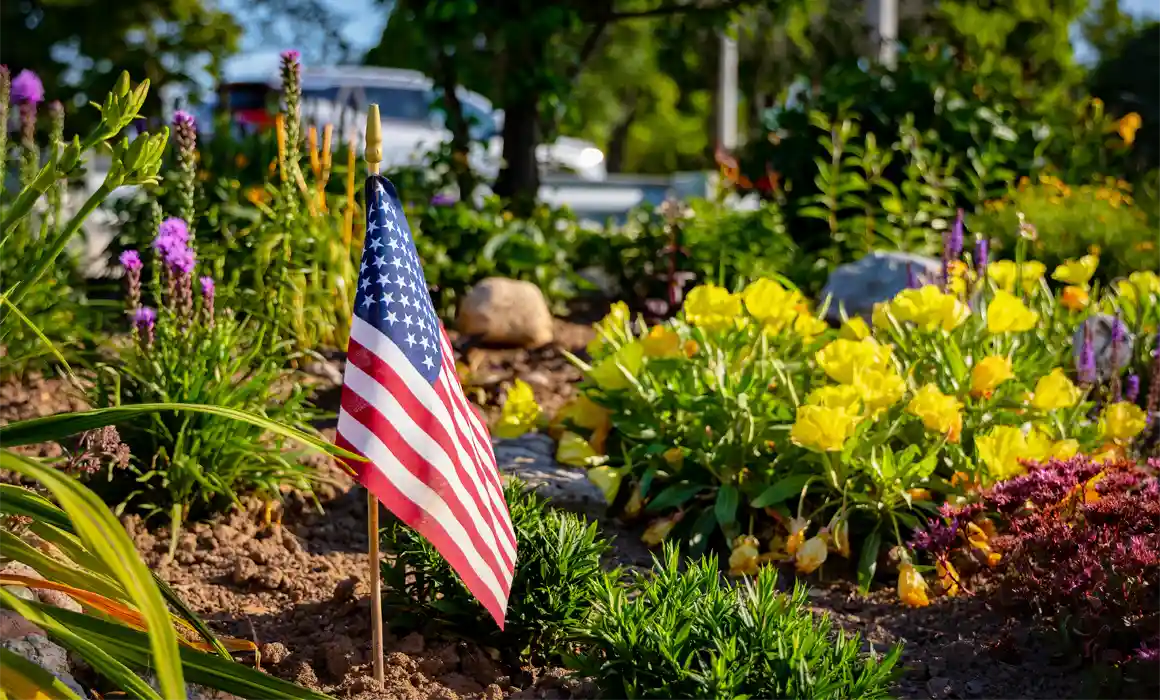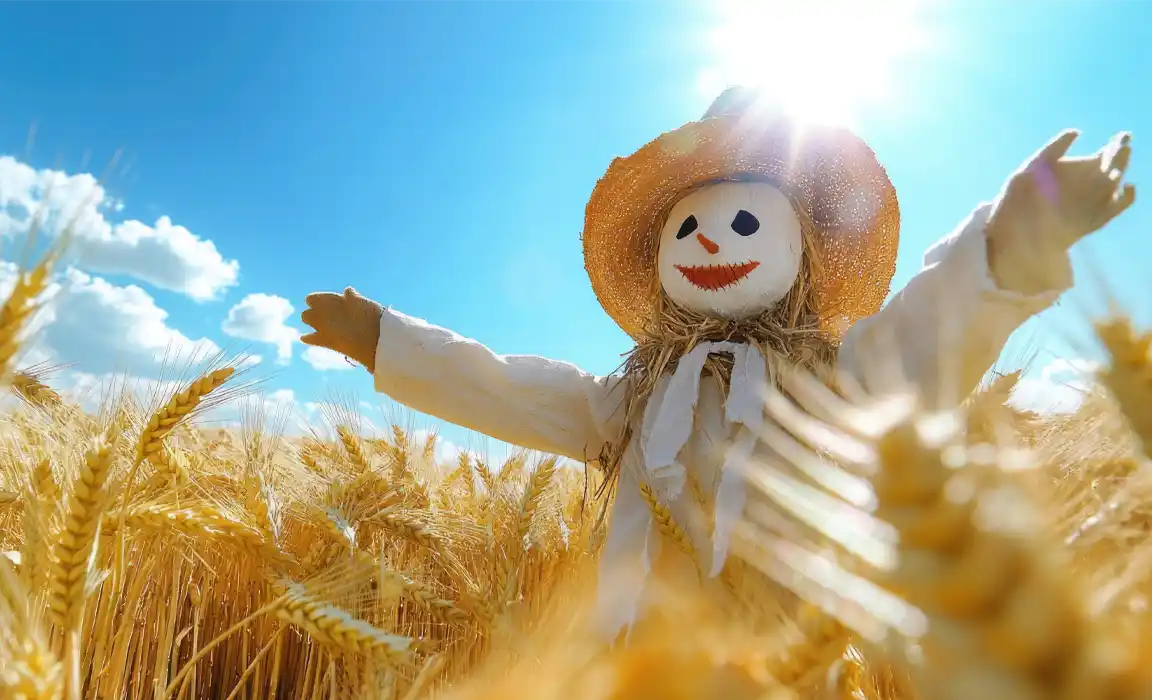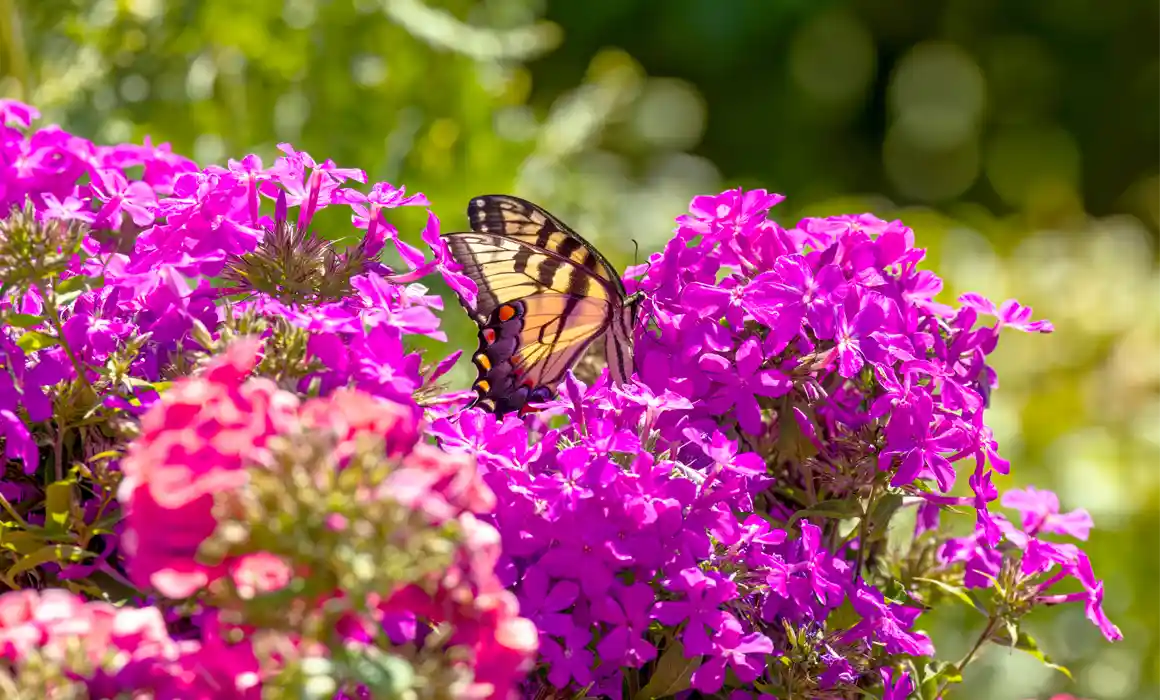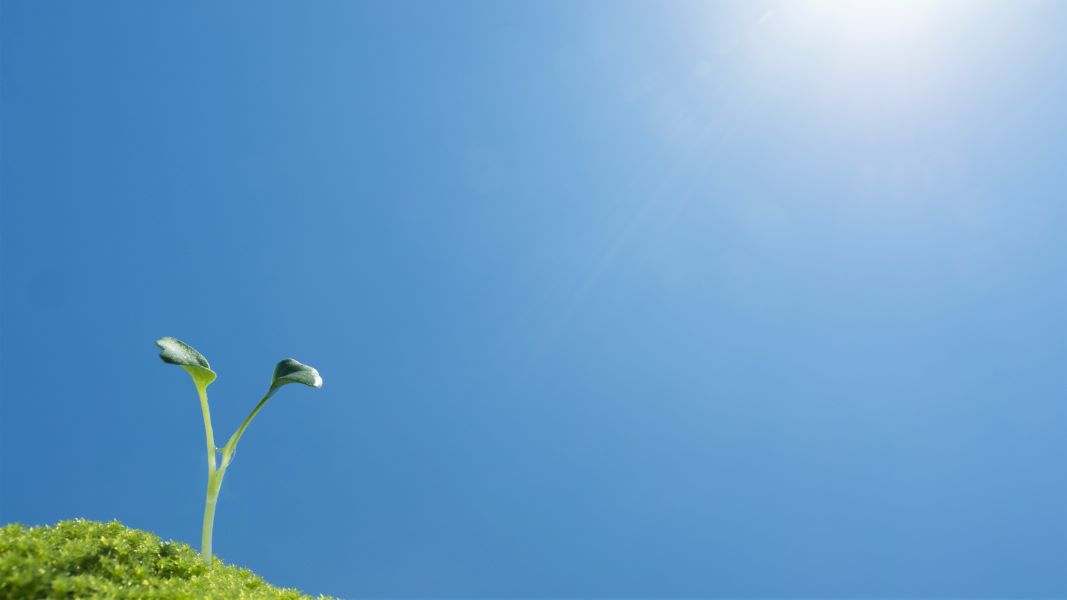As we celebrate our nation’s independence on the Fourth of July, let’s also reflect on another important American value: taking care of our planet. With food waste being a significant contributor to environmental pollution, it’s essential to make conscious choices about our food consumption and disposal. Composting is a simple yet effective way to reduce our waste and create a more sustainable future.
The Problem of Food Waste
In the U.S., 30-40% of food goes uneaten, wasting resources and contributing to environmental harm. Food waste is the most common material landfilled and incinerated, accounting for 85% of emissions from greenhouse gases prior to disposal. To reduce emissions, we must focus on preventing food waste generation during production, transport, processing, and distribution.
Composting: A Solution to Food Waste
Composting is the process of breaking down organic materials, such as food scraps and yard waste, into a nutrient-rich soil amendment. This natural process helps reduce the amount of waste sent to landfills, where it can produce methane, a potent greenhouse gas.
Tips for Composting Your Fourth of July Leftovers
- Food Scraps: Collect food scraps like fruit peels, vegetable scraps, and bread in a designated compost bin or pile. Make sure to balance your “green” materials (food scraps) with “brown” materials (dried leaves, twigs, etc.) to maintain optimal carbon-to-nitrogen ratios.
- Festive Food Waste: Don’t forget to compost leftover patriotic party foods like watermelon rinds, corn cobs, and potato peels. Even old bouquets and flowers can be added to your compost pile.
- Coffee Grounds: Brewed coffee grounds are rich in nitrogen and can help speed up the composting process.
- Bread and Grains: Dry bread and grains can be added to your compost pile, but make sure they’re not moldy or rancid.
- Yard Waste: Incorporate yard trimmings like grass clippings, leaves, and branches into your compost pile.
Patriotic Composting Hacks
- Compost Bin: Create a DIY compost bin using a wooden pallet or a wire mesh enclosure.
- Compost Tea: Make a compost tea by steeping your compost in water to create a nutrient-rich liquid fertilizer.
- Vermicomposting: Try vermicomposting (worm composting) using red wiggler worms to break down your food waste.
- Bokashi: Use bokashi bins or buckets to ferment your food waste and create a nutrient-rich fertilizer.
- Reencle Home Composter: Convert food scraps into nutrient-rich compost in 24 hours. Microorganisms break down food waste fast and efficiently in an automated and controlled composting system.
Conclusion
This Fourth of July, let’s make a conscious effort to reduce our food waste and create a more sustainable future. By incorporating composting into our daily routines, we can significantly decrease the amount of waste sent to landfills and produce nutrient-rich soil for our gardens.
Remember, every small step counts, and making composting a part of your daily routine can have a significant impact on our environment.
Happy Composting, and Happy Fourth of July!
Resources
- Reencle Home Composter: Transforms food waste into nutrient-rich compost in 24 hours.
- United States 2030 Food Loss and Waste Reduction Goal





